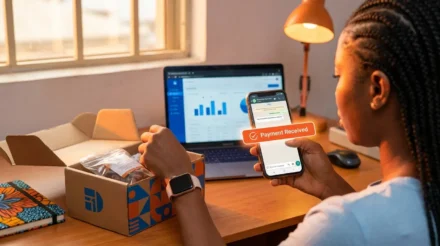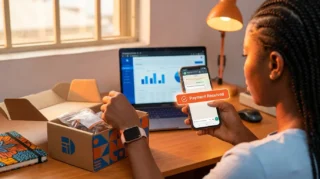Investing in Paid Advertising in Nigeria: A Practical Guide
Investing in paid advertising can dramatically boost your brand’s visibility and sales – but only if done right. Many Nigerian business owners try ads (Google, Facebook, radio, etc.) and get frustrated if they don’t see results. The key is to have a strategy tailored to our local context. In this guide, we’ll walk through how to plan and execute successful paid ad campaigns in Nigeria across digital and traditional media.
1. Define Your Campaign Goal Clearly
Before spending a kobo, ask yourself: What do I want to achieve with this ad campaign?
- Awareness: Let people know your brand or product exists.
- Consideration/Engagement: Get people to interact—visits, follows, sign-ups.
- Conversions: Drive actions like purchases, bookings, or installs.
Having a clear goal helps you choose platforms, craft messages, and measure results. You can even run sequential campaigns—awareness one month, retargeting for conversion the next.
2. Know Your Audience (and Where to Reach Them)
Define your audience by age, location, interests, and habits. Nigeria is diverse—be specific.
- Online: Facebook, Instagram, Google, YouTube, TikTok for youths and middle-class.
- Radio/TV: Ideal for older or regional audiences.
- Print/Billboards: Great for local visibility.
- SMS/Telecom Ads: Wide reach, but use responsibly to avoid spam perception.
Use tools like Facebook Ads Manager or Google Ads to target by interest, location, or behavior.
3. Craft a Compelling Message and Creatives
- Localize the Copy: Use Nigerian expressions or relatable situations.
- Use Inclusive Visuals: Show Nigerians in your imagery.
- Value Proposition Upfront: What are you offering and why should they care?
- Clear CTA: “Shop Now,” “Call Today,” “Sign Up Free.”
- Platform Adaptation: Visuals for Instagram, strong headlines for Google Search.
4. Choose Your Channels and Allocate Budget Wisely
- Digital (Google, Facebook): Great for small budgets; easy to track ROI.
- Traditional (Radio, TV): Powerful reach; useful for broader audiences.
- SMS/Email: Cost-effective follow-ups if you have consent.
Budget Example: 70% on proven channels, 20% on promising ones, 10% for testing.
5. Timing and Seasonality
- Schedule ads based on browsing behavior—e.g., night time for mobile users.
- Plan around Nigerian events—Eid, Christmas, Black Friday, etc.
- Leverage weather (rainy/dry seasons) or football tournaments for thematic ads.
6. Optimize the Landing Page and Conversion Flow
Ensure the post-click experience matches the ad:
- Fast-loading, mobile-friendly landing page
- Simple and clear CTAs (e.g., “Buy Now”, “Call Today”)
- Use promo codes or tracking to measure offline ad effectiveness
7. Compliance and Platform Policies
- Follow APCON’s rules for certain industries
- Facebook/Google ad policies (avoid misleading content or personal targeting)
- Ensure NDPR/NDPA compliance when handling customer data
8. Test, Analyze, Optimize
Use A/B testing and monitor metrics like:
- CTR (Click-Through Rate)
- CPC (Cost Per Click)
- Conversion Rate
- ROAS (Return on Ad Spend)
Shift budget toward the best-performing channels and creatives.
9. Consider Hiring Help or Training
- Hire digital marketing experts or agencies
- Use free resources like Google Digital Skills and Facebook Blueprint
- Use media buying pros for radio/TV if doing traditional ads
10. Localize Payment and Fulfillment
- Offer familiar payment methods (bank transfer, pay-on-delivery)
- Ensure follow-up processes are responsive
- Stock produc













